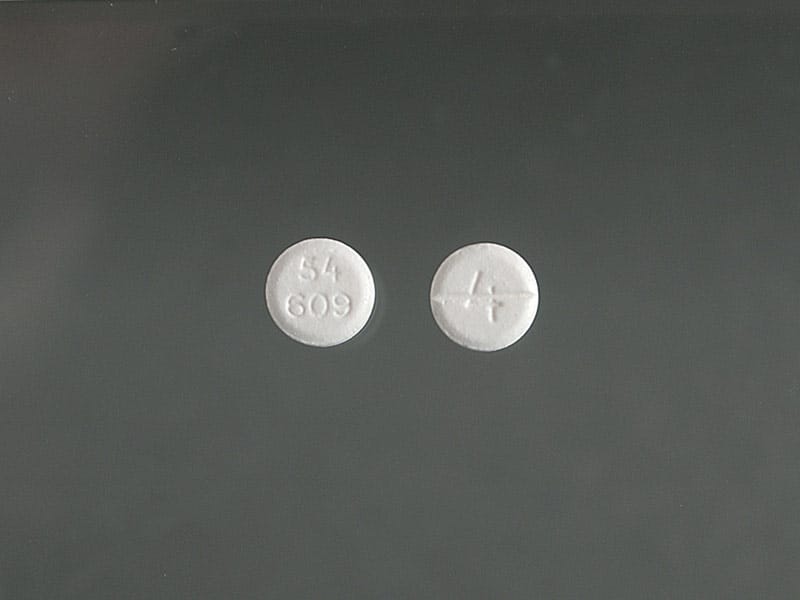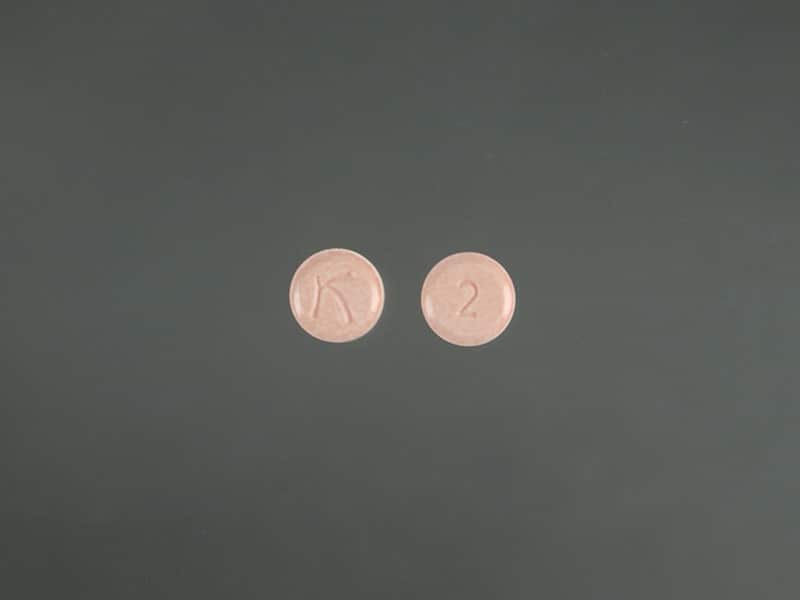What Is Hydromorphone (Hydro-mawr-fohn)?
Hydromorphone is an oral opioid used as a pain reliever. Typically, the medication comes in the form of an oral liquid or tablet-form. This medication tends to be an extended-release drug that doctors use to treat moderate to severe pain in those who are opioid-tolerant. Hydromorphone is included in testing for what we call expanded opiates, Opioids or DOT Like drug testing.
If a patient requires pain relief for an extended period, doctors may prescribe hydromorphone. In the United States, hydromorphone may be more commonly used by its brand names, which include:
- Dilaudid
- Dilaudid-5
- Exalgo
- Palladone
Patients may be prescribed the drug in numerous different dosage forms, including:
- Extended Release Tablet
- Extended Release Capsule
- Liquid
- Tablet
- Solution

Uses Of Hydromorphone
If a patient only needs pain management for a short period, such as on a case-by-case basis or while recovering from surgery, he or she will not want to use hydromorphone. Similarly, doctors will not prescribe this medication if a patient suffers from mild pain. Instead, this medication should only be used by those with chronic, long-term pain.
Hydromorphone is a narcotic analgesic, which means it relieves pain by acting on the central nervous system.Unfortunately, long-term use of narcotic medication could lead to a chemical dependency. Using hydromorphone for an extended period has been proven to be habit-forming. Patients exhibit a dependence both mentally and physically.
The longer someone uses this drug, the more likely they are to build an addiction. If your doctor has prescribed you hydromorphone, you should use it precisely as specified. Patients should never use the drug recreationally.
Typically, doctors may prescribe their patients to take one extended-release capsule daily. Your doctor should work with you to find the proper dosage of the drug, although your doctor should not increase the dosage less than every five days. Doing so could increase the risk of side effects significantly.
Effects Of Hydromorphone
If you or a member of your family has a history of addiction, you may want to have a candid conversation with your doctor before beginning hydromorphone. As an opioid, the drug can be quite habit-forming. It’s imperative that you follow your doctor’s prescription and take the medication only as recommended. Failure to do so could have severe negative consequences.
There are a few risk factors that could increase the likelihood that you become addicted to hydromorphone. If you or anyone in your family suffers from alcoholism, you’re at an increased risk of addiction. The same goes for anyone who has used street drugs, or overused prescription medications, in the past. Lastly, if you suffer from depression or mental illness, you are more at risk of becoming dependent on hydromorphone.
When you stop taking hydromorphone, you may experience symptoms similar to withdrawal. This can include restlessness, sweating, chills, muscle, and joint pain, anxiety, irritability, stomach cramps, difficulty sleeping, loss of appetite, nausea, vomiting, and irregular heartbeat. If you are coming off hydromorphone, your doctor should decrease your dose gradually.
Symptoms Of Hydromorphone Use
One of the most significant effects of hydromorphone use is that it can cause life-threatening breathing problems. Patients tend to most exhibit these symptoms within the first 72 hours of treatment or at any time that their doctor increases their dose. If an individual takes more hydromorphone than recommended, it could result in suffocation or death. Because of this, patients should only take the drug under the supervision of a trusted medical professional.
Similarly, if you have ever had asthma, your doctor will likely prescribe a different medication and will make efforts to keep you off hydromorphone. You should also inform your doctor if you have ever suffered from a lung disease, such as chronic obstructive pulmonary disease. Older adults are more likely to suffer from breathing problems while taking the drug.
If you have taken hydromorphone and find that you are suffering from slow breathing, shortness of breath, or long pauses between breaths, it’s critical that you seek emergency medical treatment immediately. Failure to do so could jeopardize your life.
Also, hydromorphone does not interact well with other drugs. Mixing hydromorphone with other medications, which often happens when taken recreationally, could result in sedation, coma, or death. Users should avoid taking hydromorphone with benzodiazepines, chlordiazepoxide, clonazepam, diazepam, lorazepam, and triazolam, among others. Furthermore, you should not mix hydromorphone with medications for nausea or mental illness.
Hydromorphone is also known to cause dizziness and lightheadedness in patients. It can also cause extreme drowsiness or sleepiness as well as unresponsiveness. Patients should never split or dissolve the tablets. Instead, they should take the tablets whole, as prescribed by a doctor. Failure to swallow the pills whole means the tablets will not act as extended-release tablets and you will receive a much higher dose of the drug, which could prove to be fatal.

Testing For Hydromorphone
Because hydromorphone is an opioid, it should appear on common drug screenings that include expanded opiates. Many of the standard drug screenings available today have an option for expanded opiate detection. Before you purchase your hydromorphone drug test, ensure that hydromorphone will be tested. If not, you should be able to buy an extended panel that includes a hydromorphone drug test without a problem. Based on our experiences, you’ll need to purchase an extended panel, Opioid panel or DOT Like panel.
The DOT required drug test does currently require testing for Opioids which includes hydromorphone. The standard 5 panel drug test does not include hydromorphone.
To conduct a hydromorphone drug test, you’ll need to use either a hair or urine sample. If choosing a urine sample, there is a tiny window in which opioids will be detected. The drugs are detectable up to two days after use. However, withdrawal symptoms of hydromorphone can also set in during this same period, which means it is a drug that users will tend to be consistent about using. Thus, a urine sample may be enough to result in a positive hydromorphone drug test.
If you are wary of a urine sample, you could also elect for a hair sample. Hair samples in a hydromorphone drug test can detect use within 90 days. For this to be accurate, the user must be able to provide a hair sample that is at least 1.5 inches long. The hair does not necessarily need to come from the scalp, as body hair could also suffice for this test.
For a urine test for hydromorphone, we recommend the 5 Panel with Expanded Opiates Urine Drug Test which includes AMP-Amphetamines (MAMP-Methamphetamine, MDMA-Ecstasy), COC-Cocaine, PCP-Phencyclidine, THC-Marijuana, OPI-Opiates (including heroin, codeine and morphine) and expanded Opiates which adds Hydrocodone, Hydromorphone, Oxycodone and Oxymorphone. Order Now online or call 866-843-4545.
For a hair specimen test for hydromorphone, we recommend the Hair Drug Test 5 Panel Expanded Opiates – Hair Drug Test 5 Panel which includes Cocaine, marijuana, amphetamines (Methamphetamine & Ecstasy), phencyclidine (PCP), opiates (Codeine, Morphine & 6-MAM Heroin Metabolite, Oxycodone, Hydrocodone, and Hydromorphone). Hair is cut from the head or from the arms or legs if you don’t have enough hair on your head. Order Now on line or call 866-843-4545.
Urine Drug Test
Urine drug test for Hydromorphone; we recommend the 5 Panel with Expanded Opiates Urine Drug Test
Hair Drug Test
Hair drug test for Hydromorphone; we recommend the 5 Panel Expanded Opiates Hair Drug Test






